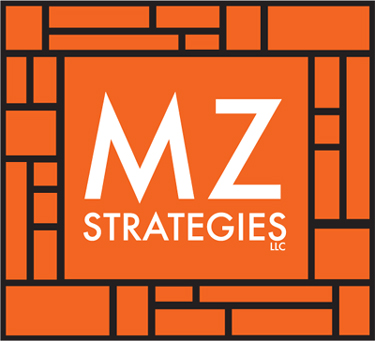Restorative Justice and Infrastructure Investment: Our Moment of Opportunity
This summer I found myself on a professional journey of self-discovery as I realized the limits of my knowledge when it comes to how race and infrastructure are intricately linked. Equitable Transit-Oriented Development (eTOD) is being led in many regions by multi-sector coalitions to ensure that TOD projects and the planning process itself create communities of opportunity where residents of all incomes, races and ethnicities participate in and benefit from living in connected, healthy, vibrant places connected by transit. Efforts in Phoenix and Richmond underscore the need & opportunity for eTOD to address generations of racial injustice from past transportation and urban planning decisions.
Read More…